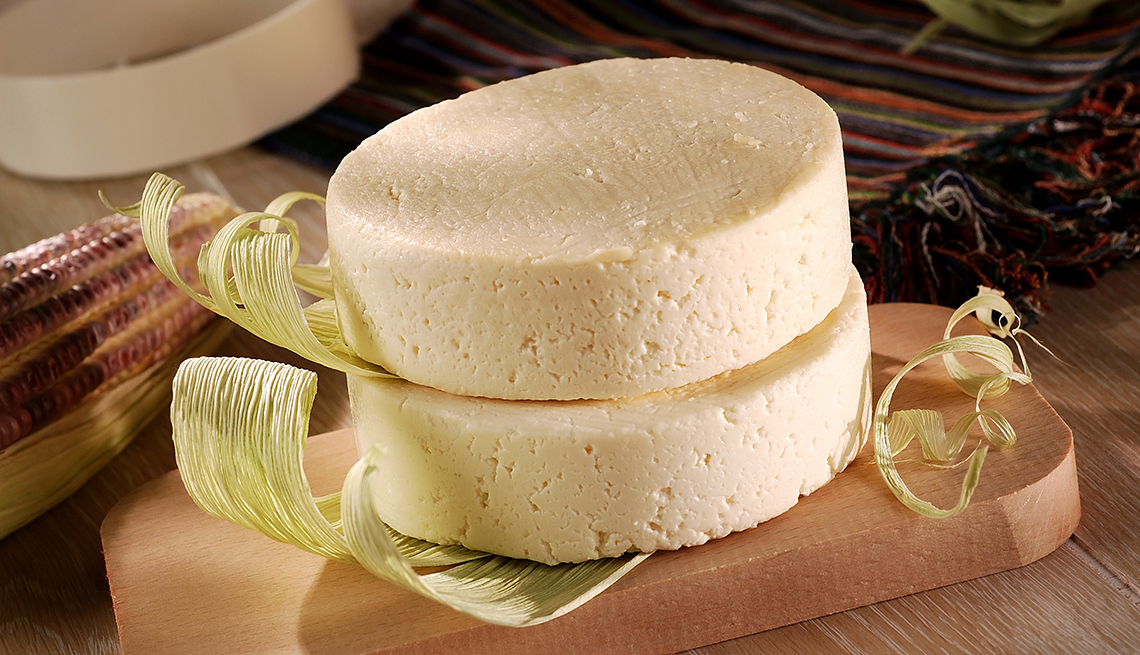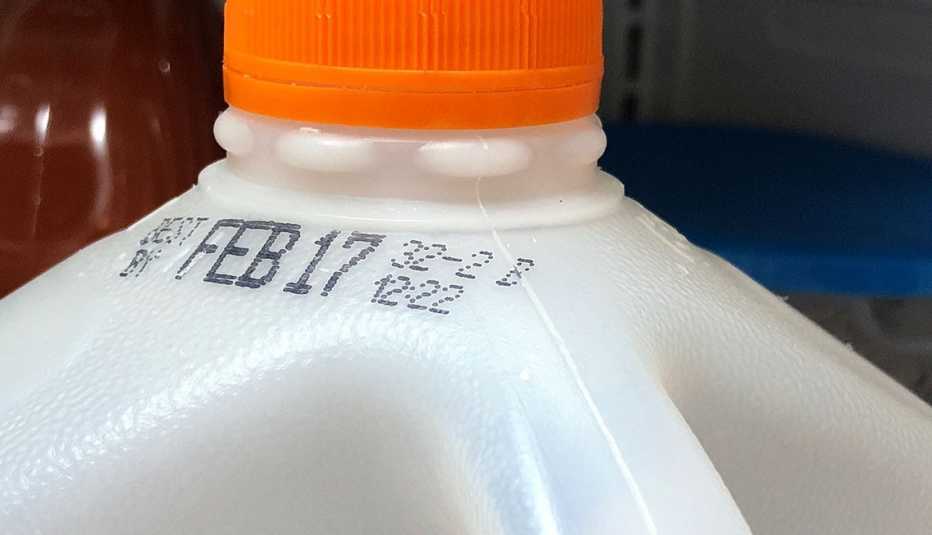AARP Hearing Center
Two more types of cheese, quesillo and requeson, were recalled from New Jersey company El Abuelito Cheese, whose queso fresco products were previously found to be contaminated with listeria.
The recalled products sold under El Abuelito Cheese, Rio Grande Food Products, Rio Lindo, Viejito, El Paisano, El Sabrosito, La Cima, Quesos Finos, San Carlos and Ideal Brands include:
- All queso fresco products with sell-by dates through March 28
- All quesillo (oaxaca, string cheese) products with sell-by dates through April 16
- All requeson (ricotta) products with sell-by dates through March 14
The products were distributed in Connecticut, Massachusetts, Maryland, New Jersey, New York, North Carolina, Pennsylvania and Virginia. In some instances, retailers may have repackaged bulk quesillo into smaller containers that may not bear the original labeling. The Food and Drug Administration (FDA) provided a full list of recalled queso fresco, quesillo and requeson products.
Of the 10 reported cases of the illness in Connecticut, Maryland, New York and Virginia, nine resulted in hospitalizations. The illnesses occurred between Oct. 20 and Feb. 9, with victims ranging in age from less than 1 year old to 75 (the median age is 54). Nine of the 10 illnesses occurred since Jan. 1.
Health authorities interviewed seven of the people who were infected. Six reported eating Hispanic-style fresh and soft cheeses, including five who ate queso fresco — two people had consumed the cheese from El Abuelito and another ate Rio Grande’s product before falling ill.
The Centers for Disease Control and Prevention (CDC) recommends not eating, selling or serving any of the recalled products and also advises people at higher risk for severe listeria illness to not eat any brand of quesillo or requeson cheeses until it learns more. The FDA is working with the company to recall additional products that were made or handled in the same facility.
Meanwhile, the CDC is telling consumers to throw away the recalled cheese or return it to where it was purchased. Refrigerators, containers and surfaces that may have come into contact with the cheese should also be cleaned.
The CDC recommends that consumers buy cheeses made with milk that has been pasteurized, a process that kills listeria and other germs. Products can still become contaminated if a facility has unsanitary conditions, the agency said.
The number of people sickened from this outbreak is likely higher than recorded because some individuals recover without medical care and are not tested for infection, the CDC said.
El Abuelito has stopped producing and distributing the products while the investigation continues. Customers with questions may contact El Abuelito directly, Monday through Friday from 8 a.m. to 5 p.m. ET and Saturday from 8 a.m. to noon ET, at 973-345-3503.
Symptoms of a listeria infection
Listeriosis, the infection caused by eating food contaminated with the bacterium Listeria monocytogenes, most often causes sickness in adults 65 and older, people with weakened immune systems, pregnant women and newborns. Symptoms may include headache, stiff neck, confusion, loss of balance, fever, muscle aches and convulsions. Pregnant women typically experience only fever, fatigue and muscle aches, but a listeria infection during pregnancy can lead to miscarriage, stillbirth, premature delivery or life-threatening infection of the newborn.






































































